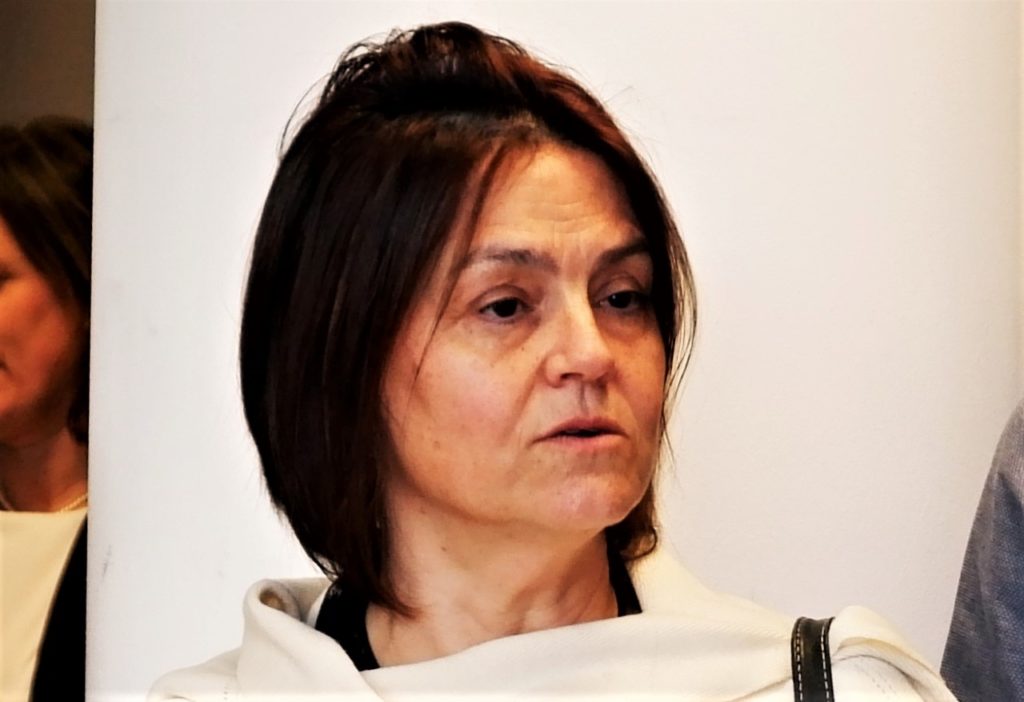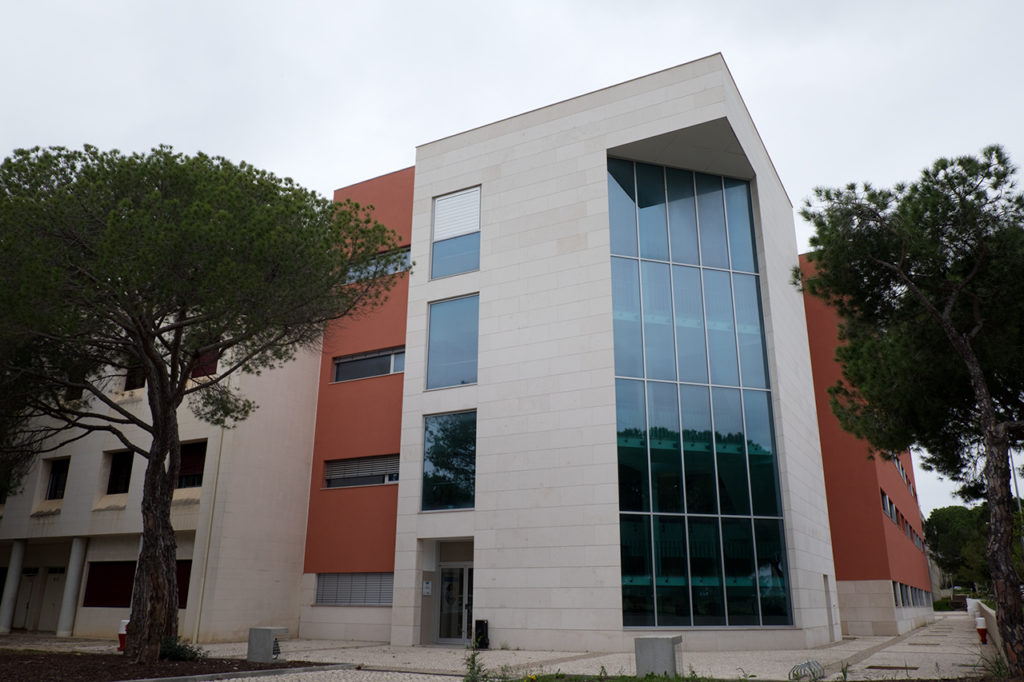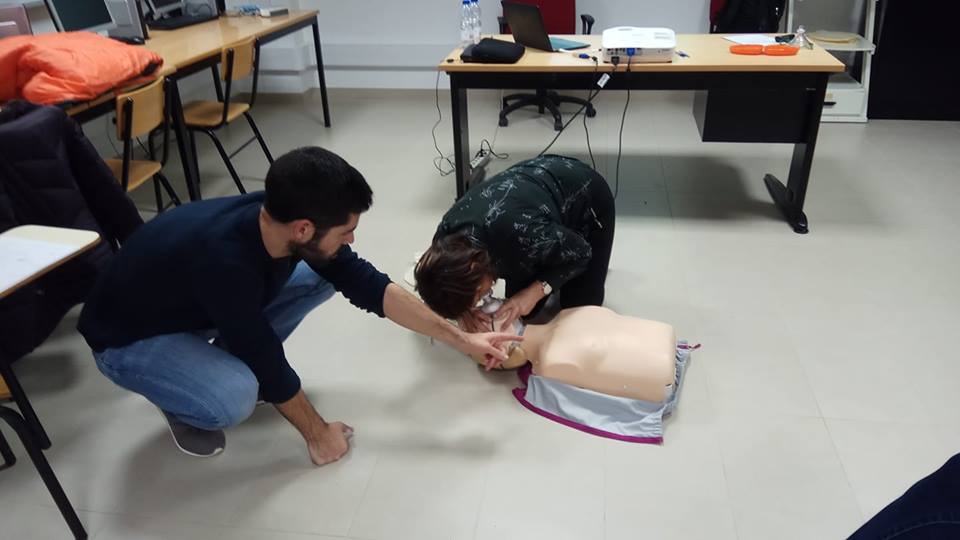The Medicine course of the University of Algarve is celebrating ten years of existence, a decade of medical education in the Algarve region that «has been a success» and fills those responsible for the UAlg Integrated Masters in Medicine (MIM) «with great satisfaction». .
This Saturday, at the Cineteatro Louletano, from 14:30 pm, the commemorative ceremony of the ten years of the MIM will take place, in which Manuel Heitor, Minister of Science, Technology and Higher Education will be present.
In this session, in addition to remembering what the journey of this course has been so far., a tribute will also be paid to the first specialist doctors graduated by the University of Algarve and the ABC Loulé Active Life project will be presented.
For Isabel Palmeirim, the director of the UAlg course of medicine, the balance of these ten years of MIM “is extremely positive. It has been ten years of hard work, but it has been very rewarding. We feel that we are managing to train doctors with quality, in completely different pedagogical contexts and in a region that would be that, in Portugal, where it was least expected that this would be possible to do», he summarized, in statements to Sul Informação.
Ten years and six batches of trained doctors later – the first specialists came out this year – the course is already starting to contribute to alleviating the chronic shortage of clinicians in public health units in the Algarve.
“Decentralized medical training is already contributing to more doctors in the region. We have around 10 to 15 percent of students from the Algarve in our course and, in the end, around 40 percent settle in the region. And I think this number will grow exponentially», believes Isabel Palmeirim.

Increasing the number of doctors trained in the Algarve who end up settling in the region is one of the challenges for the future of the UAlg MIM. But it is far from being the only one, considering that those responsible for the MIM are "ambitious".
«We also have the challenge of postgraduate training, which we have already started. The offer, in the Algarve, was almost non-existent. There were congresses that were held here, but this is not exactly local training», explained the director of MIM.
"We currently have a continuing education program, which we are expanding more and more, and there is the challenge of increasing clinical research," he added.
For this, a proposal for the creation of a doctoral program of clinical research was presented to A3ES - Agency for Assessment and Accreditation of Higher Education, in collaboration with the Faculty of Medicine of the University of Lisbon and the Hospital de Santa Maria.
The idea is to «increase, in the short term, the number of doctors holding a doctorate in the Algarve».
The creation of the simulation center, on the fourth floor of the building of the Department of Biomedical Sciences, will also “enable to greatly improve postgraduate education and bring in many doctors for training”.
«We also have the Algarve Biomedical Center (ABC), the academic center, which will allow better articulation between teaching and research and with medical assistance, both at the hospital level and in primary health care», added Isabel Palmerim.

In other words, UAlg's MIM will not give up on introducing innovations in its pedagogical methodology and in its offer. Innovation is, moreover, part of the DNA of this course.
«One of the objectives of the MIM was to innovate, in terms of medical education, bringing to Portugal some practices that had already existed abroad for a few decades», namely the method Problem-based learning.
Despite having brought the methodology from abroad, the UAlg medical course has been constantly adapting it, to better adapt to our reality.
“The pedagogical methods we use, which were imported from abroad, were not created from scratch. But we no longer do what we used to. We mattered, but we adapted them to our reality and we are always learning», revealed Isabel Palmeirim.
This is possible thanks to “a feedback system from the students and professionals who receive them at the hospital, both during their training and after they have already obtained their diploma”.
The collected data are “carefully analyzed, to try to see that this translates, as soon as possible, into changes in the level of education. And there have been every year».
This new approach to teaching medicine initially generated some distrust, a situation that for the director of MIM is outdated.
“It is natural to have some mistrust at an early stage. I was also linked to the creation of the Medicine course at the University of Minho and it's a feeling of déjà vu. But it will fade away and I think that the MIM is already at the end of that path», believes Isabel Palmerim.
Note: António Costa's presence was foreseen in the MIM anniversary commemoration program, but it has not yet been confirmed and the prime minister will not participate at this time.



















Comments